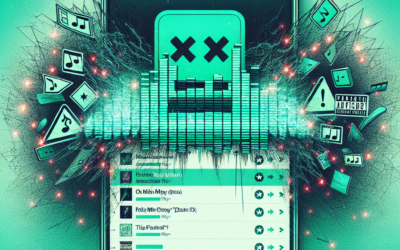A few years ago files hosted on an offsite server were referred to as ‘being in the cloud’, but things have moved on and now Cloud Computing is about having many servers working together to support your computing activity.
This means that your server is not a single server with a physical location – your documents, data, applications and website can be anywhere – and not wholly in a single place! If this sounds frightening and maybe a bit insecure, don’t worry, it isn’t!
Amazon’s huge website is already operating in the cloud so all those products are not on a single server, they’re scattered across many servers.
Apple is launching iCloud for Macs soon and they are including a means for Windows users to tag on too.
The ‘Cloud’ is technically a distributed server – multiple servers that act as one. They handle different functions, and have redundancy (if one breaks there’s always another available) and resilience (no breaks in service) built in.
When your computer starts slowing down – if you’re on the cloud – your system will just find another server with more availability. This means you don’t get those times when your system slows to a crawl because you’re handling big documents or have multiple applications open at once; your system just finds the power you need. This gives you more operating power and you only pay for the power you use.
You can have all your applications licensed from the cloud too. You just pay a monthly fee per user for software as a service (SaaS).
This means that you get more operating power and have a ‘thin client’. This doesn’t mean someone who’s been on a diet, it means your computer is acting as a portal rather than storage cupboard.
What are the downsides?
Firstly, it’s not likely to work well if you don’t have access to a reasonably fast broad band. I wouldn’t recommend trying this if you’re on dial up or a 3G connection.
Secondly, if any of the servers in the ‘Cloud’ that your system uses are owned by a company in the USA, even if they’re located in UK, are subject to the Patriot Act. This piece of legislation gives the US government permission to access your data whenever they want to check for terrorist activity.
Of course, if you’re not a terrorist you’ll have nothing to hide, but some companies don’t like the idea of any third party accessing their data.
Cloud computing that isn’t in the cloud!
There is an alternative. You can have the same set up where you use your computer as a window rather than a storage device, but everything is on a single server that is hosted in a specific location.
This means, as long as the server you’re using is located in the UK and owned by a UK company, you’re only subject to UK legislation. As far as performance is concerned you’ll get the same user experience as cloud computing.
With your log in details you don’t even need a laptop, you just access your desktop from anywhere you can get online.
If you have an iPad – there’s an app for that too!
You can choose to have your own server, but that means that you’re responsible for maintenance, upgrades and, if it goes wrong, you have to get it fixed. Alternatively, you can simply rent space on a server and have all your computing power hosted by a company (like us) so the maintenance, power and upgrades, etc are done without you suffering any down time.
Overall, Cloud Computing is a great way to keep your work moving at light speed and cuts down the challenges you suffer when your hard disk slows down or gets full. You just need to choose the distributed server or hosted server route.



0 Comments